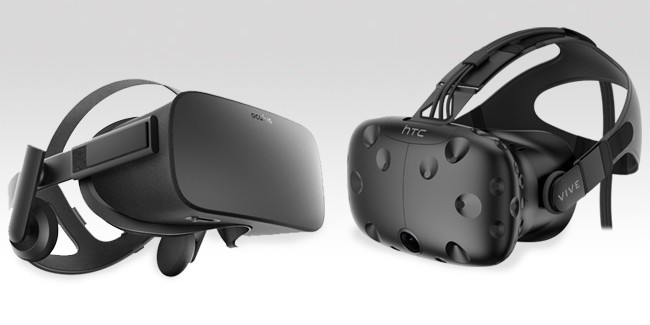Oculus Removes its DRM Restriction, Vive Owners Can Play Rift Exclusives
In a surprising and unexpected turnaround, Oculus has reversed course on a controversial ‘platform integrity check’ DRM that prevented other VR platforms like the HTC Vive from playing Oculus games and apps without an Oculus Rift headset.
Earlier today, the creator of ‘Revive’, a homebrew hack that enables games from the Oculus’ store to run on the rival HTC Vive, noted on the project’s Github page that Oculus had updated its runtime version 1.5 on Friday and removed the recent DRM protection check, which Oculus had implemented just a month ago.
“I’ve only just tested this and I’m still in disbelief, but it looks like Oculus removed the headset check from the DRM in Oculus Runtime 1.5,” the latest Revive update says. “As such, I’ve reverted the DRM patch and removed all binaries from previous releases that contained the patch.”
In a statement following the matter, an Oculus representative confirmed the recent changes to its entitlement and anti-piracy systems, stating:
“We continually revise our entitlement and anti-piracy systems, and in the June update, we’ve removed the check for Rift hardware from the entitlement check. We won’t use hardware checks as part of DRM on PC in the future,” the rep said. “We believe protecting developer content is critical to the long-term success of the VR industry, and we’ll continue taking steps in the future to ensure that VR developers can keep investing in ground-breaking new VR content.”
The new shift regarding Oculus’ DRM policy will come as a much-welcomed change of heart to many in parts of the VR community. Over the past few weeks, Oculus has been at the center of heavy criticism for enforcing what some have called a more “closed” approach to its platform, so perhaps this could mark the beginning of some of that tension easing as Oculus seemingly avoids getting too deep into a VR platform war and allows users to access its content regardless of which VR hardware they decide to choose.

